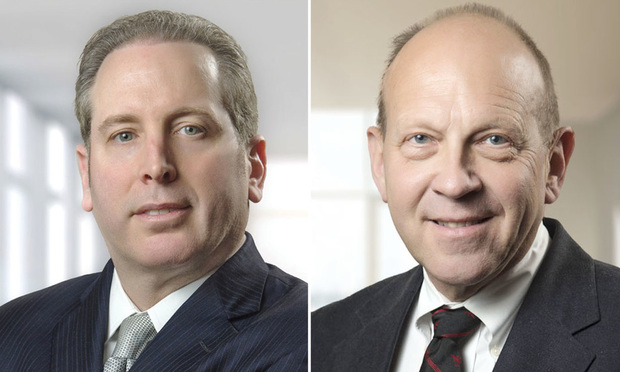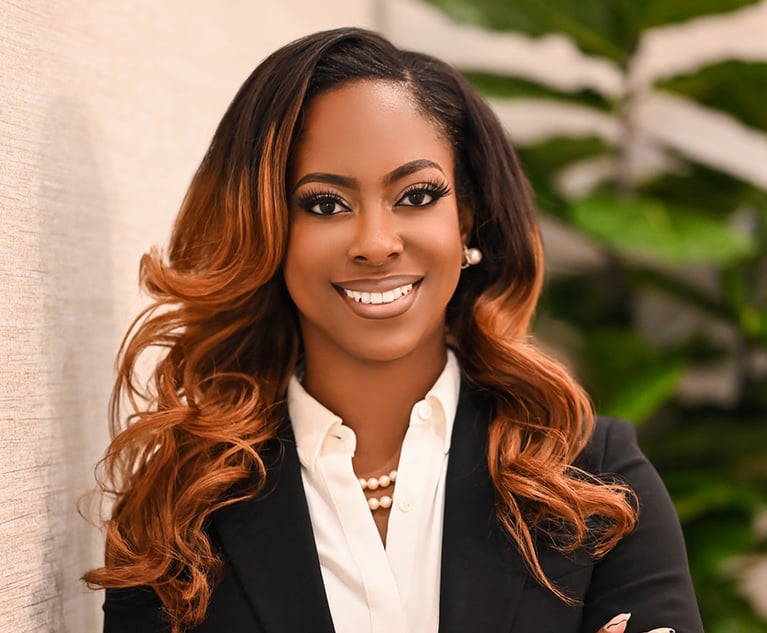Religious institutions in New York and elsewhere across the United States are free to hire—and often to fire—their clergy without fear that their decisions will be reviewed or reversed by federal or state courts. Indeed, in Hosanna-Tabor Evangelical Lutheran Church and School v. Equal Employment Opportunity Commission, 565 U.S. 171 (2012), an employment discrimination suit brought on behalf of a minister challenging her church’s decision to fire her, the U.S. Supreme Court held that the First Amendment protects religious employers from employment discrimination lawsuits brought by their “ministers,” which the court broadly defined as employees involved in ministerial duties. The court cited the “ministerial exception,” which insulates a religious organization’s employment decisions regarding its clergy from judicial scrutiny.
Significantly, the court in Hosanna-Tabor left open whether the ministerial exception prohibits secular courts from hearing and deciding other types of lawsuits brought by ministerial employees, including actions alleging tortious conduct or breach of contract by their religious employers. To date, New York courts have not yet issued a definitive ruling as to whether the ministerial exception applies to claims of sexual harassment against houses of worship, and circuit courts of appeals around the country are divided.


 Barry Black and John B. Madden
Barry Black and John B. Madden




